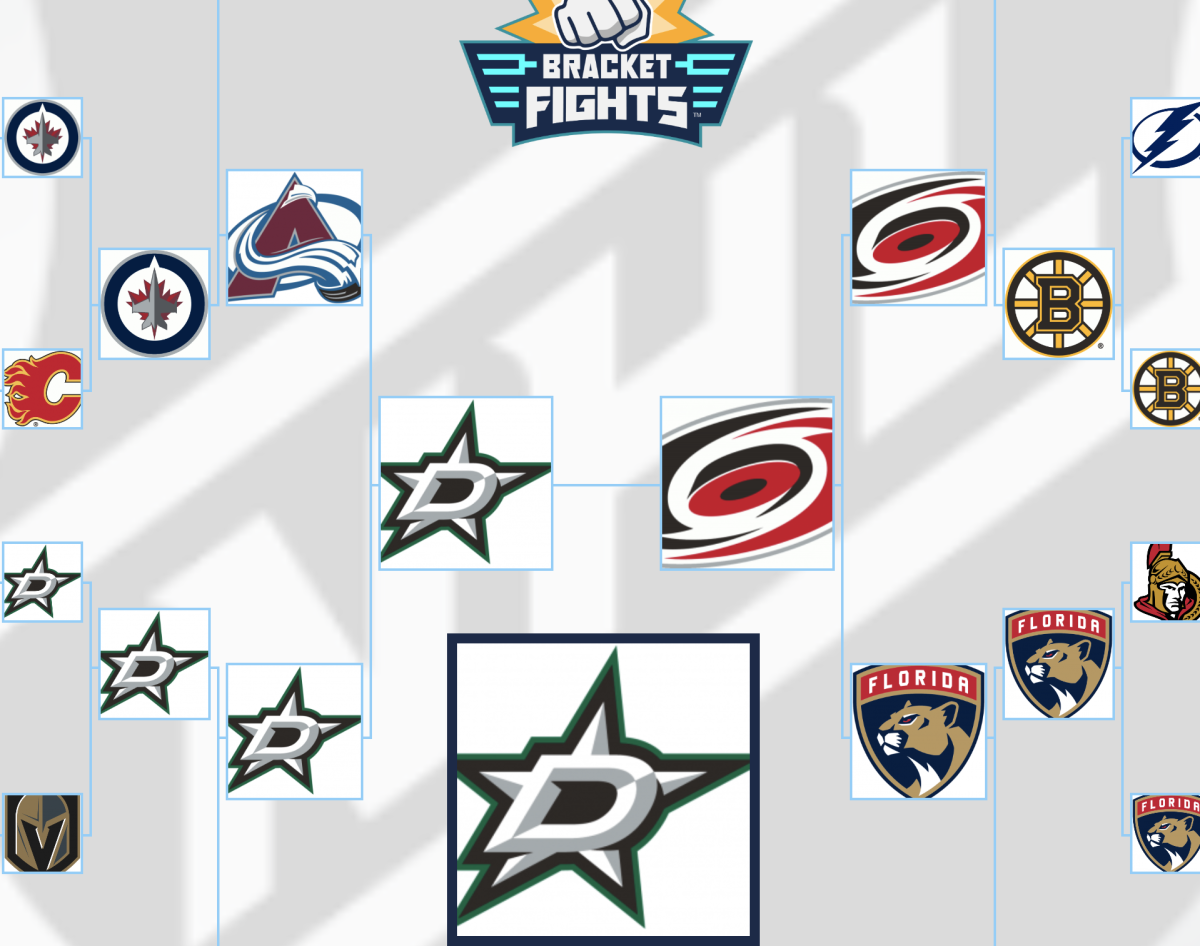Not everybody celebrates Christmas. In our diverse world, many religions do not view the birth of Jesus Christ as a holiday. Christmas is for Christians who celebrate Jesus Christ’s birth. For those who do celebrate Christmas, every family has their own traditions.
Christa Zhang, sophomore, said she is a Christian, but her parents have no religion, so Christmas is just a normal day in her house.
“I wish they were Christians like my sister and I so they could go to church with us and experience the glory of God but they do not want to,” she said. “They do not want to rely on a being they think is not real.”
Even though senior Sloan Marion’s family is Baptist and they celebrate Christmas, Marion is a Unitarian Universalist, part of a community bonded by principles, not by beliefs.
“It’s classified as non-denominational Christianity but you don’t have to be Christian,” Marion said.
On the other hand, people of the Jewish faith do not celebrate either Christmas or the New Year. They recognize that Jesus existed but there is no relation of divinity to Him. For instance, Josh Stueck, junior, and his family are conservative Jews, which he said means that he is basically in the middle of the spectrum. Even though they celebrate Hannukah, it’s not that big of a deal to them.
“Each night, at sundown, we all light our own little menorahs,” Stueck said. “We do that eight nights, adding one more candle each night. We say a few prayers, and then go back to doing whatever it was we had been doing before. At least one night we’ll play dreidel and have latkes, but that’s pretty much it. It’s a fun holiday, but we don’t make it a big deal just because it’s around Christmastime.”
It’s not uncommon for people of diverse faiths, particularly in countries outside of the U.S., to believe in higher beings other than Jesus Christ. Islamic countries like Indonesia, Pakistan, Bangladesh,Turkey, Egypt, Nigeria, Libya and Iran follow the teachings of Muhammad. Countries that adopt Buddhism as a religion, like many Asian countries, do not involve the particular characteristic of the birth of Jesus Christ.
Conversely, Catholics base their entire religion on the birth of Jesus Christ. Although the traditions in each family vary, the celebration centers on the “miracle” of Jesus’ birth as the Son of God. Many in European and American countries recognize this as the only reason for Christmas.
In Brazil, most people are Catholic and celebrate Christmas by putting up a Christmas tree, making a huge dinner on Dec. 24, praying and exchanging presents.They also raise money to buy toys and food for people who are in need or are in institutions. Catholics in the U.S. celebrate much the same way.
For instance, senior Emily Looby’s family is Catholic and they have formed their own traditions. “For my family, it’s about everybody coming together and it’s not really about getting gifts,” said Looby. “We usually go to mass every Sunday as a family, but Christmas Eve is more special because it’s more of a celebration. After church, we eat dinner, make a fire and my brothers and I get to do whatever we want—it’s like a free pass to eat as much junk food as we want and watch TV. On Christmas morning, my family wakes up early and exchanges gifts.”































